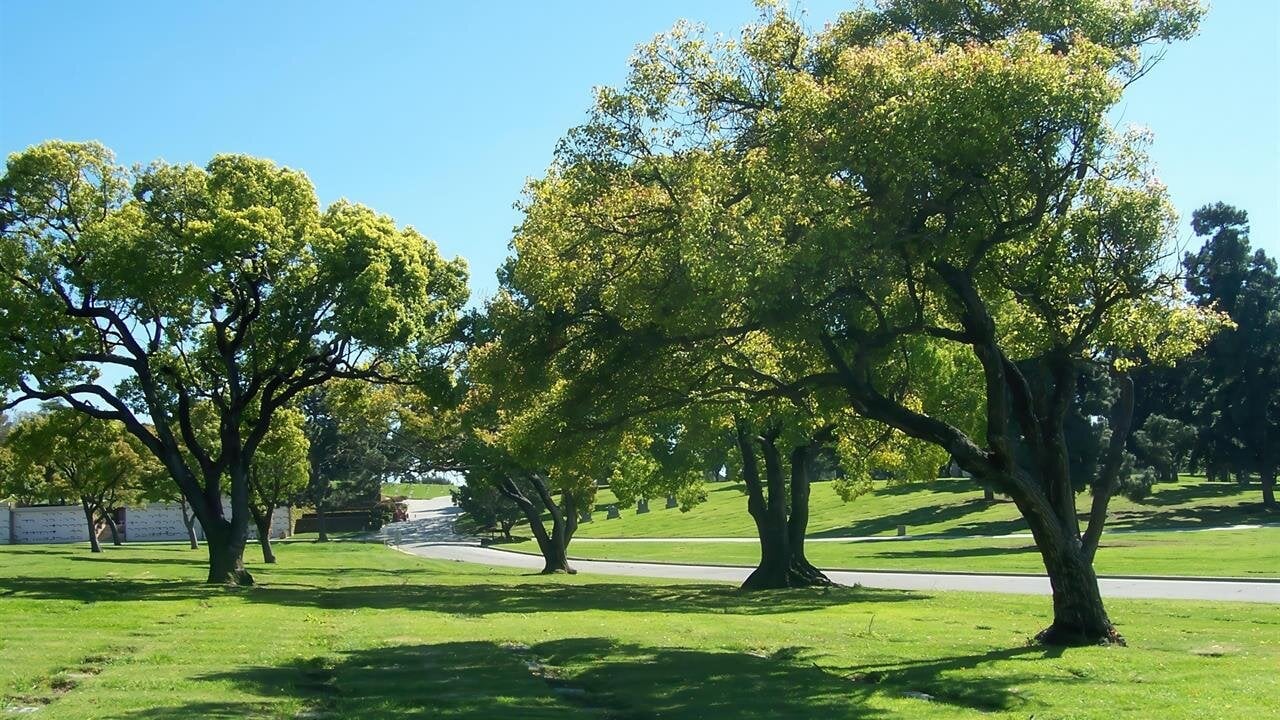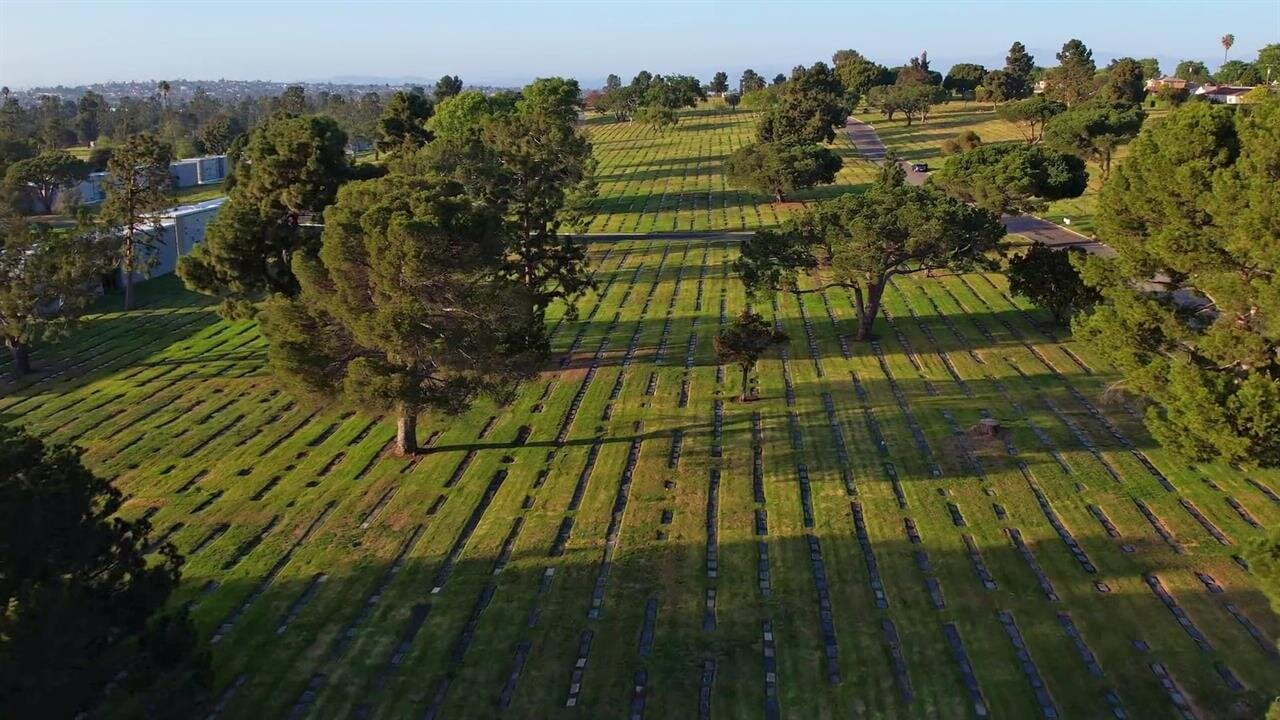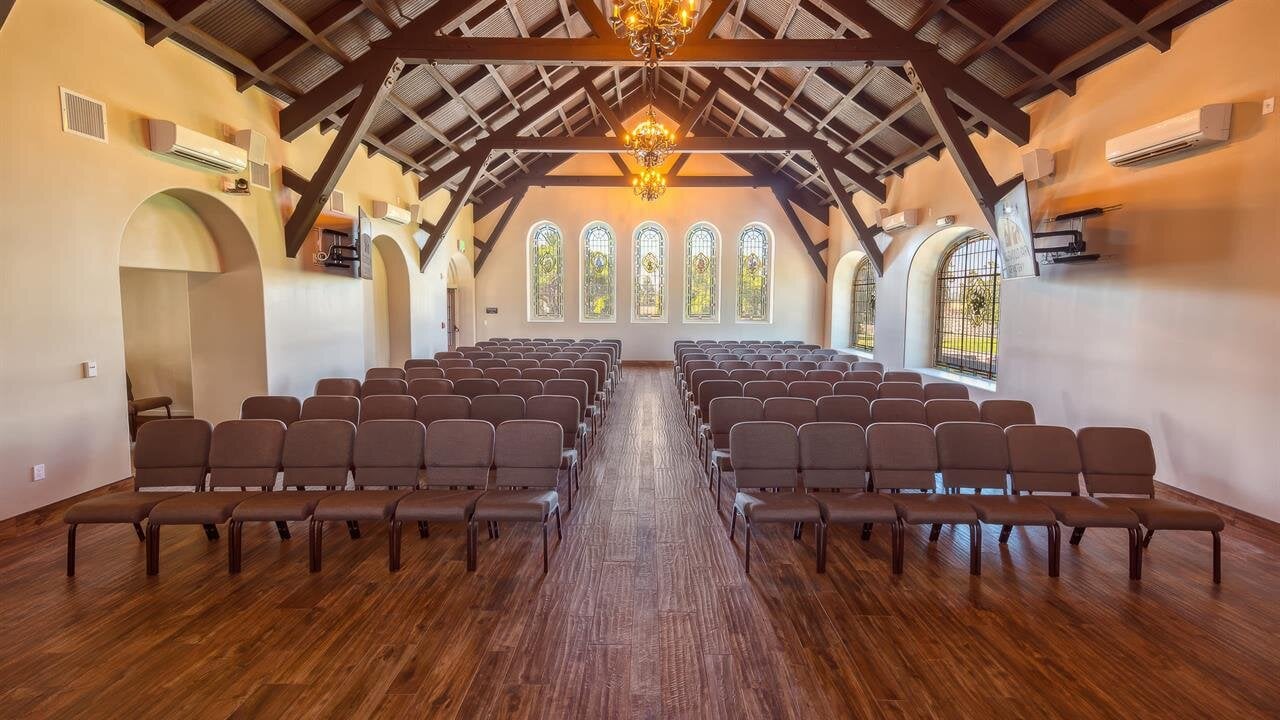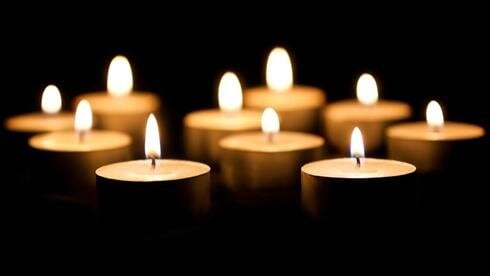The Soul of the
City of Angels
We're here for you - 24/7/365
We understand this is a difficult time. That's why we're here for you anytime, day or night, to answer questions and help make arrangements. Fill out the form or call us for immediate funeral and cremation help.
You can reach us 24/7/365 at (310) 412-6500
Get Help Now
Thank you
A member of our compassionate team will be in touch shortly to help you navigate through this challenging time.
If your need is urgent, please don't hesitate to call us at (310) 412-6500.
An error has occurred. Please try again.
Why plan ahead?
Making a plan ahead of time not only eases the stress and financial burden for your family, but it also ensures your life will be celebrated just as you wish.
Free Planning Guide
Learn how a few simple steps can reduce stress and financial burden for your loved ones.
It’s on the way
An error has occurred. Please try again.
A time to honor, comfort and heal
We help create unique and meaningful memorial services to celebrate your loved one and begin the healing process for families and friends left behind.

We’ll take care of every detail

Unique Funerals and Tributes

Pay Online
You can make secure and convenient payments directly through our website anytime. Pay Now
“Gloria was so very nice and with the burial of my mother and she texts me to see how we are doing she was the best”
Author:— Helena Evans rated with 5 stars ★ ★ ★ ★ ★
“Very nice”
Author:— S Steele rated with 5 stars ★ ★ ★ ★ ★
“Great caring service!”
Author:— Jerry Mohler rated with 5 stars ★ ★ ★ ★ ★
“Great no more to say...the only way to go”
Author:— Terry Williams rated with 5 stars ★ ★ ★ ★ ★
“And it's easy to log on to. It was clear audio and visual. And I consume in for the viewing. It was an absolute beautiful service. Being in Oklahoma and not being able to get there it was a blessing to be able to see the service.”
Author:— Billie Vanessa Evans rated with 5 stars ★ ★ ★ ★ ★
“The burial of my loved one was handled in a professional manner. I communicated regularly with Jason who did an amazing job. I highly recommend Inglewood Park Cemetery.”
Author:— Ms. Angela rated with 5 stars ★ ★ ★ ★ ★
1 of 6 1 of 6
A place of healing
We welcome you to explore the Inglewood Park Cemetery facilities, and invite you to discover a comforting and peaceful place to honor your loved one.
What's happening













